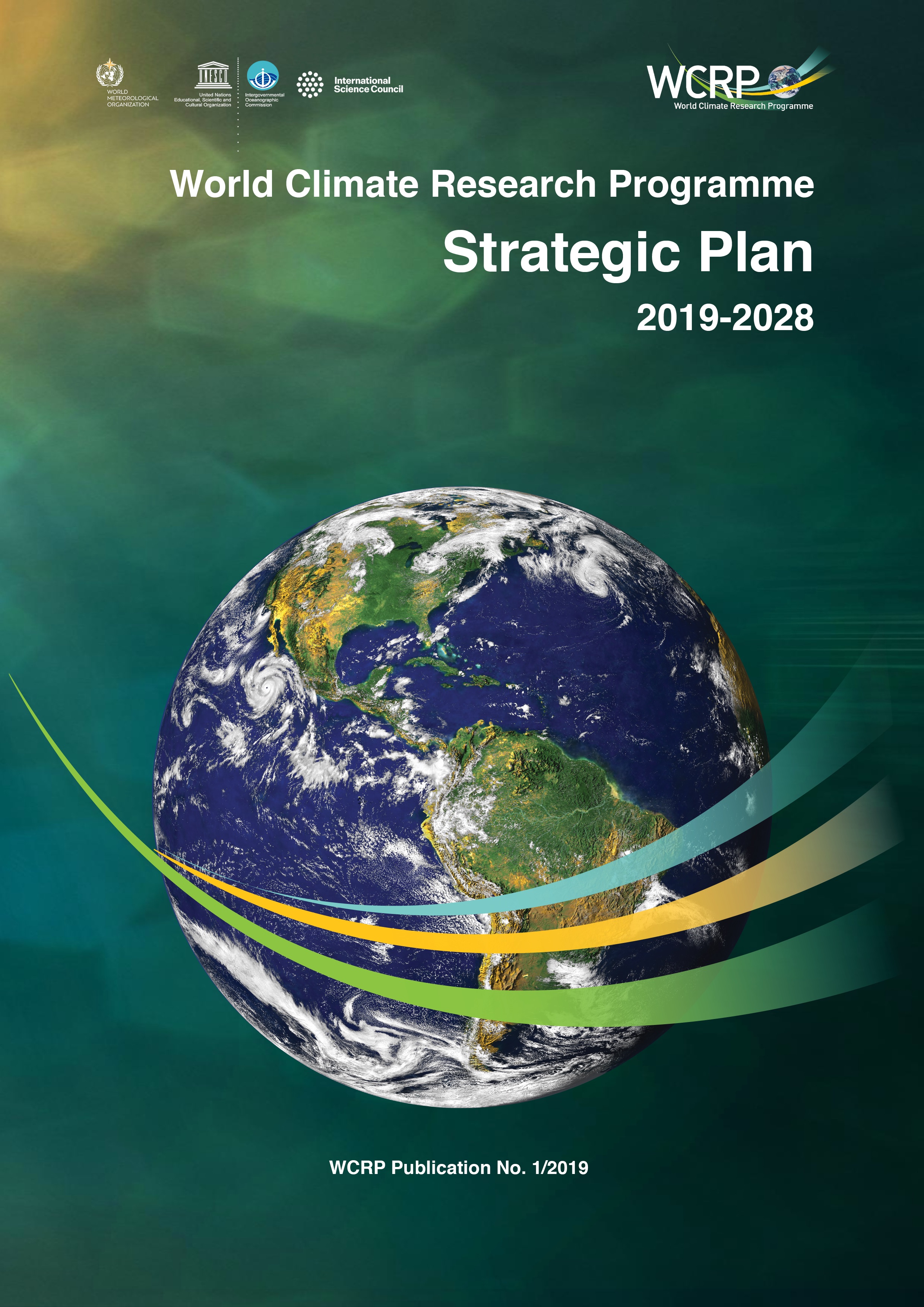
Our Goal
We will quantify the responses, feedbacks, and uncertainties intrinsic to the changing climate system on longer (decadal to centennial) timescales.
A fundamental scientific understanding of non-linear processes and internal variability, and of system sensitivities to imposed forcing, such as fossil-fuel emissions, land use change, volcanic eruptions, and solar variability, can inform improved climate projections and scenarios. Moreover, developing ideas on emergent constraints in the system promises useful information on longer time horizons. Reducing uncertainty in model projections and climate sensitivity will provide salient information for climate change on these timeframes. This objective has the potential to support the consideration of longer-term mitigation and adaptation alternatives.
Our Scientific Emphasis
Simulation capabilities
The ongoing development of integrated Earth system models that account for the slowly varying interactions and highly non-linear processes will underpin scenarios of the long-term evolution of the climate system. Many significant challenges remain in our ability to make these projections, including, for example, the detailed representation of complex interactions between aquifers, vegetation and soil carbon, or between permafrost, glaciers, and ice sheets, as well as human activities influencing the Earth system.


